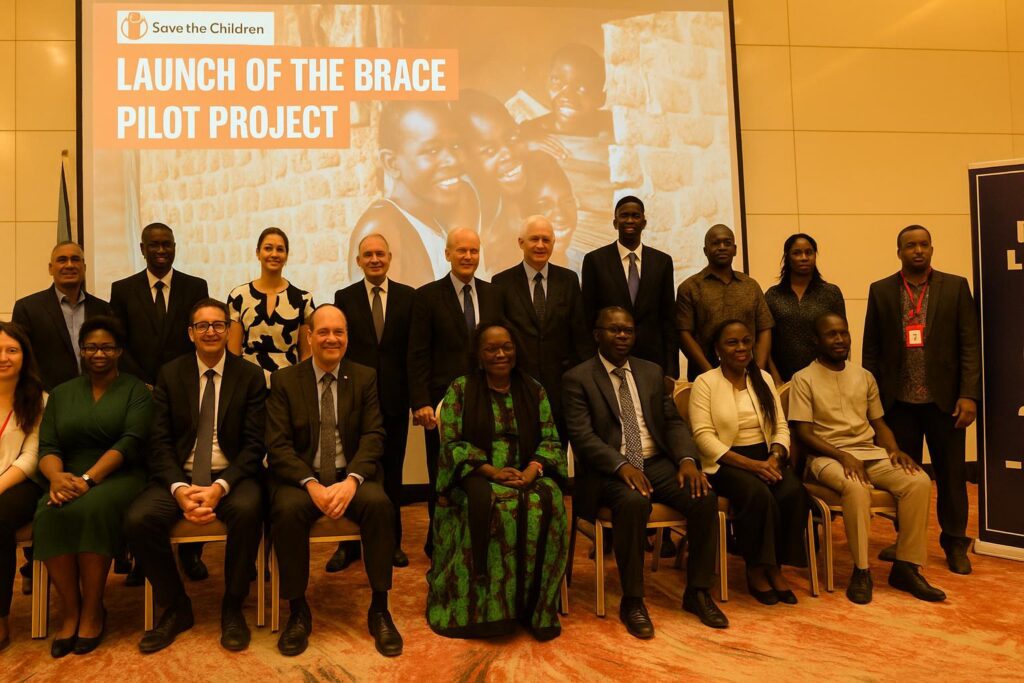Climate extremes shut classrooms
Repeated floods, droughts and heatwaves are pushing South Sudan’s classrooms to the brink, displacing families and eroding study time, relief agencies warn.
More than a million residents across six states are currently affected by flooding, with Jonglei and Unity accounting for the bulk of evacuations, government tallies show.
BRACE programme secures US$17 m backing
Save the Children, backed by the Green Climate Fund and the Global Partnership for Education, has launched the Building the Climate Resilience of Children and Communities through the Education Sector pilot, known as BRACE, worth US$17 million.
The three-year roll-out targets 200,000 pupils, half of them girls, through policy reform, teacher training and safer facilities (Save the Children statement).
Rebuilding schools for hotter, wetter days
Classrooms will gain elevated floors, stronger roofs, water harvesting tanks and solar panels, while new ventilation standards aim to keep lessons going during 40-degree heatwaves.
Improved latrines and hand-washing points are expected to cut disease outbreaks that often follow seasonal floods.
Girls and displaced learners at the centre
Vice-President for Service Cluster Josephine Lagu stressed that protection for girls must stay at the core as displacement rises and early marriage risks mount.
Child Council deputy speaker Agot Alier called the scheme ‘a confidence builder’, arguing that resilient schools can inspire young people to plan their own development pathways.
Officials hail partnership, urge local ownership
Education Minister Dr. Kuyok Abol Kuyok praised donors for ‘investing in stability’ and pledged to anchor the reforms inside national budgets.
A Green Climate Fund representative, however, warned that external cash alone cannot sustain progress without ‘robust domestic investment’.
Education as survival in a crisis age
Save the Children’s country director Chris Nyamandi argued that in climate hotspots, schooling increasingly doubles as a safety net, offering meals, information and social ties that keep families together.
UNESCO officials added that curriculum reform under the Climate Smart Education System Initiative will equip learners with skills to anticipate floods and droughts.
Worldwide, weather emergencies already interrupt schooling for about 40 million children each year, a figure likely to swell unless emissions fall sharply, researchers caution.


